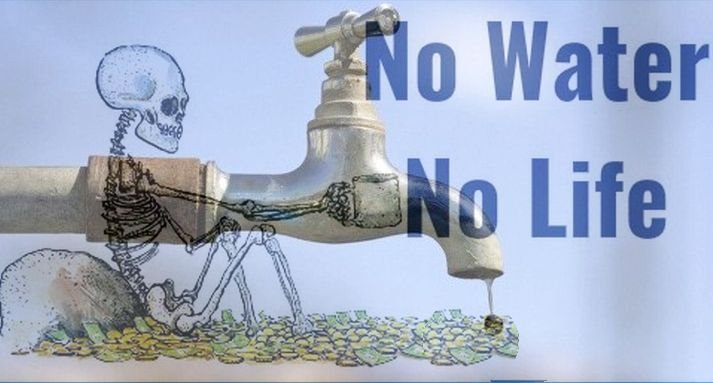From taps running dry to flooding, cities could face dramatically increased “water risks” unless urgent action is taken to mitigate and adapt to climate change, shows a WWF survey.
According to the scenarios in the WWF Water Risk Filter Survey, 100 cities that are expected to suffer the biggest rise in risk by 2050 are home to 350 million people, and nationally and globally important economies.

Nearly 50 cities in China, and 30 in India, including Delhi, Jaipur, Indore, Amritsar, Pune, Srinagar, Kolkata, Bengaluru, Mumbai, Kozhikode and Vishakhapatnam, are such high-risk regions.
For cities to break away from the current vicious loop of flooding and scarcity, nature-based solutions like restoration of urban watersheds and wetlands could offer solutions. This is our chance to re-evolve and re-imagine what the future of the cities could be.

It added that urban planning and wetland conservation needs to be integrated to ensure zero loss in urban areas and improving urban water infrastructure and cutting consumption will also help in reducing the risks

Problems such as lack of rainwater harvesting, which is key for conservation, have been highlighted by Prime Minister Narendra Modi in his Mann Ki Baat radio address. He said only 8% is saved in India we need to listen to him.
Reference- WWF Survey, Mint, Forbes, Hindustan Times






